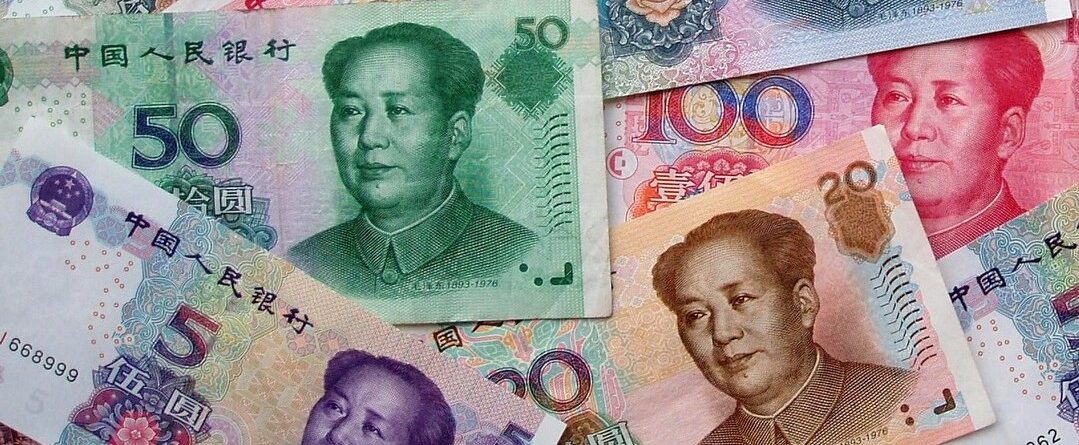China. Power or Profits: Beijing’s Pension Dilemma
When it comes to China’s economy, the sexy issue is the annual growth target for gross domestic product or carbon emissions or corporate debt defaults or the property market. But only one topic is really important for the longer-term survival of the Communist Party regime: pensions. And the party seems to know it.
Read also India. NPS Scheme: PFRDA empowers National Pension System subscribers by offering this facility – Check benefits
That’s why pension reform popped up, albeit in attenuated form, in last week’s National People’s Congress. Premier Li Keqiang used the set-piece session of the country’s rubber-stamp legislature to promise to increase China’s retirement age during the coming five-year plan, currently 60 for most men and 50 or 55 for women depending on occupation.
Read also China Plans New State Pension Firm as Population Ages
A smattering of articles in state-owned media hint at more discussion of China’s pension problem behind the scenes. The propaganda organ People’s Daily announced “social security and pensions” was the second-most-important topic to the Chinese public ahead of the meeting, behind only rule of law. This conclusion allegedly is based on an online poll, so who knows if it’s true, but it’s significant that a government newspaper wants everyone to believe it is.
In a world preoccupied with recovery from the Covid-19 pandemic and its economic ill effects, China is the only major economy thinking about pension reform right now. It’s hard to imagine a political issue more toxic to any government anywhere. Why take the pension risk?
Because Beijing doesn’t have a choice. It’s now a truism that China will grow old before it grows rich. The pension system is where that abstraction becomes a reality for ordinary Chinese people. China’s elderly dependency ratio, the number of people over 65 per 100 people age 15 to 64, is approaching developed-country levels at 17 and rising (it’s 25.6 in the U.S.) compared with India’s 9.8 and Vietnam’s 11.4. But China’s per capita income—a proxy for the resources from which those workers can support those retirees—is one-sixth to one-fourth the level of a developed country.
Read more @WSJ
353 views










